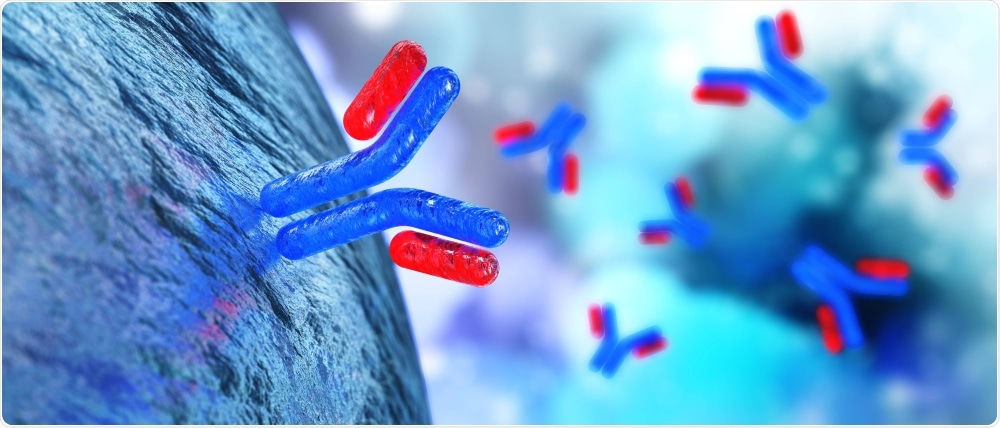The Opto™ Cell Line Development 2.0 workflow, designed for the Beacon® optofluidic instrument, generates in just days the best production cell lines for complex antibody therapeutics with more than 99% monoclonality assurance.

Image Credit: utas7777777/Shutterstock.com
Today, Berkeley Lights, a leader in cell selection, launched a new workflow for the Beacon instrument: the Opto Cell Line Development 2.0 (Opto CLD 2.0).
While it takes traditional well plate workflows eight to twelve weeks to find clones producing traditional antibodies, Opto CLD 2.0 enables selection of top clones secreting complex antibody molecules with superior clonality assurance in less than one week.
The new Opto CLD 2.0 workflow enables measurements of antibody production across thousands of clones using Berkeley Lights' SpotLight™ assays. It targets different regions of antibody molecules, extending the range of complex antibody molecules for which top clones can be selected. Screens can also be directed at clones with specific phenotypes, such as size, viability, or expression of cell-surface markers.
The last decade has seen an explosion in more complex antibody molecules that have unique therapeutic functions, such as Fc-engineered mAbs, bispecifics and multispecifics. By developing new assays that target different regions of antibody molecules, Berkeley Lights Opto CLD 2.0 workflow empowers the selection of top clones secreting both traditional and non-traditional antibody molecules."
John Proctor, Ph.D., Senior Vice President of Marketing at Berkeley Lights.
Opto CLD 2.0 builds on existing CLD capabilities on the Beacon instrument to screen and select clones with 1.5–3x higher titers than clones selected by traditional clone-picking technologies, which by comparison require a slow, laborious, and inefficient process.
Cells can be visually tracked from the moment they are cloned into NanoPenTM chambers through multiple days of on-chip culture, assay measurements, and clone recovery. Top clones can be recovered with more than 99% monoclonality assurance and a superior data package that includes individual visual records of all clones.
The Opto CLD 2.0 workflow will be available for the Beacon instrument in June 2020 and you can find more information here: https://www.berkeleylights.com/applications/cell-line-development.
About Berkeley Lights
Here at Berkeley Lights, we think cells are awesome! Cells are capable of manufacturing cures for diseases, fibers for clothing, energy in the form of biofuels, and food proteins for nutrition. So the question is, if nature is capable of manufacturing the products we need in a scalable way, why aren't we doing more of this?
Well, the answer is that with the solutions available today, it is hard. It takes a long time to find the right cell for a specific job, costs lots of money, and if you have picked a suboptimal cell line, has a very low process yield. Berkeley Lights has the complete solution to find the best cells by functionally screening and recovering individual cells for antibody discovery, cell line development, T cell analysis, and synthetic biology.
Our proprietary technology, including the Beacon® and Lightning™ platforms, accelerate the rate you can discover and develop cell-based products in a fraction of the time and at a fraction of the cost of conventional, legacy research methods. Using our tools and solutions, scientists can find the best cells, the first time they look.
For more information, visit www.berkeleylights.com.